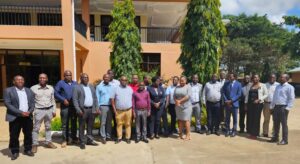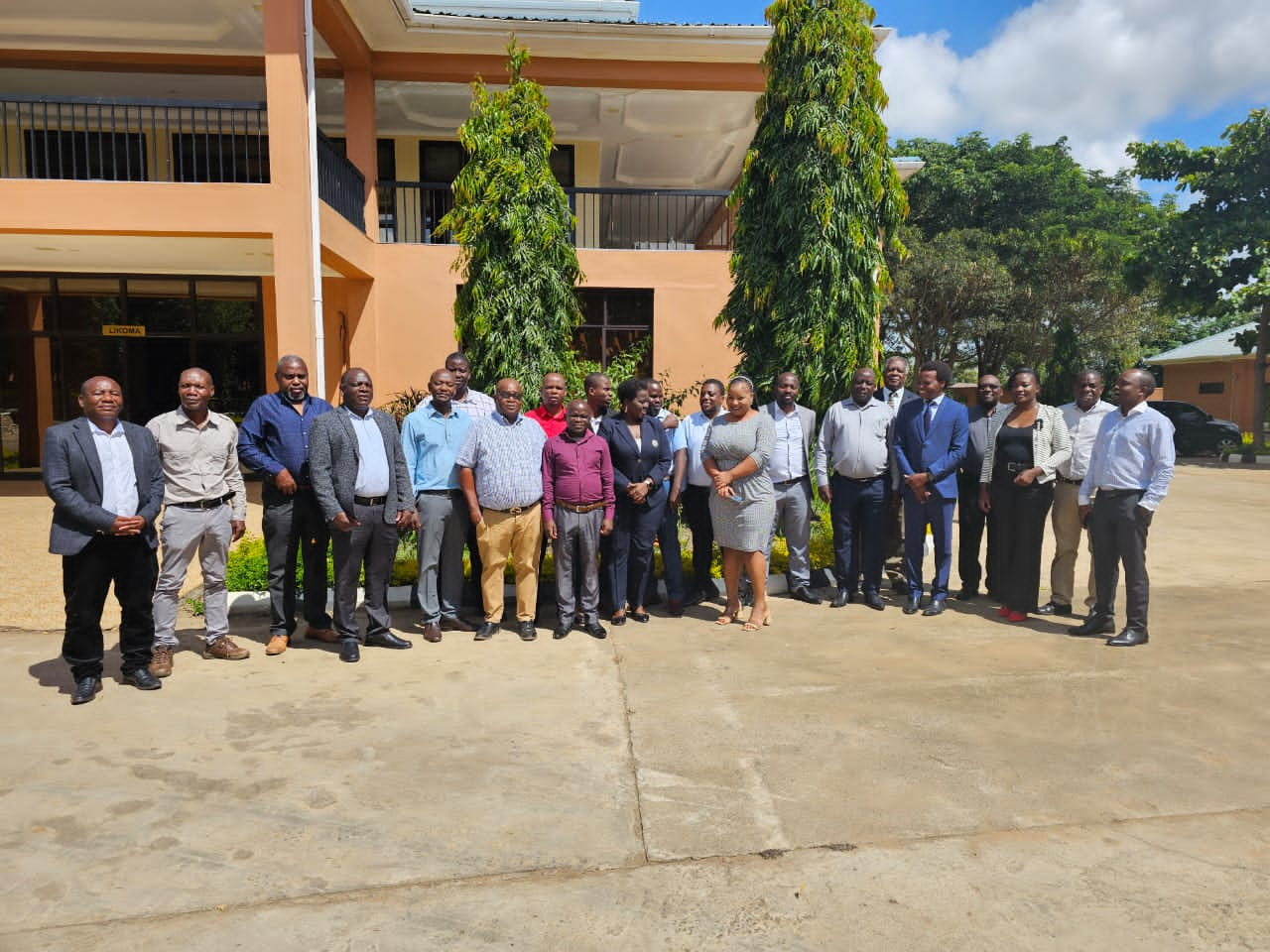 In a collaborative effort aimed at fortifying Malawi’s healthcare infrastructure, the Ministry of Health (MOH) in conjunction with key stakeholders, convened in Malawi from 3-5 April. The focus of the meeting was the critical review and enhancement of Malawi’s LabMap dataset, alongside strategic planning for the advancement of the national laboratory network.
In a collaborative effort aimed at fortifying Malawi’s healthcare infrastructure, the Ministry of Health (MOH) in conjunction with key stakeholders, convened in Malawi from 3-5 April. The focus of the meeting was the critical review and enhancement of Malawi’s LabMap dataset, alongside strategic planning for the advancement of the national laboratory network.
Under the auspices of the African Society for Laboratory Medicine (ASLM), this project is funded by Bill and Melinda Gates Foundation, under the LabCoP Project. The participants representing various facets of Malawi’s healthcare ecosystem engaged in comprehensive discussions and workshops. Among the objectives were the examination of data management processes encompassing storage, extraction, curation, integration, visualisation, analysis, and updates related to the LabMap dataset.
The workshop also served as a platform to introduce diverse tools and techniques for data processing and analysis, empowering participants with the necessary skills to leverage these resources effectively. Furthermore, the event facilitated the review and selection of additional national data sources for integration, thereby enriching the breadth and depth of the dataset.
Key stakeholders, including MOH leadership, laboratory staff from across the country, the Public Health Institute of Malawi, and representatives from organisations such as Clinton Health Access Initiative, University of Maryland, the U.S. Centers for Disease Control and Prevention (CDC), I-TECH, and Community of Sant’egidio, actively contributed to the deliberations.
Central to the discussions was the concept of laboratory mapping, a collaborative initiative between the Africa CDC and ASLM. This endeavour seeks to map existing laboratory capacities to defined requirements of a tiered national laboratory system and networks. By addressing crucial questions such as the geographical distribution of laboratories, available capacities, and accessibility to laboratory services, stakeholders aimed to utilise data for strategic planning and investments, aligning with the Regional Integrated Surveillance and Laboratory Network (RISLNET) initiative.
Notable outcomes of the engagement included the review and adoption of a final laboratory dataset, laying the foundation for informed decision-making. Moreover, key strategic gaps were identified, culminating in actionable recommendations to enhance the laboratory system and networks in Malawi. This concerted effort signifies a significant stride towards the realisation of universal health coverage (UHC) and health security in Malawi. As the nation embarks on this journey of transformation, the synergistic partnership between government entities, healthcare professionals, and international organisations serves as a beacon of hope for a healthier, more resilient future.


